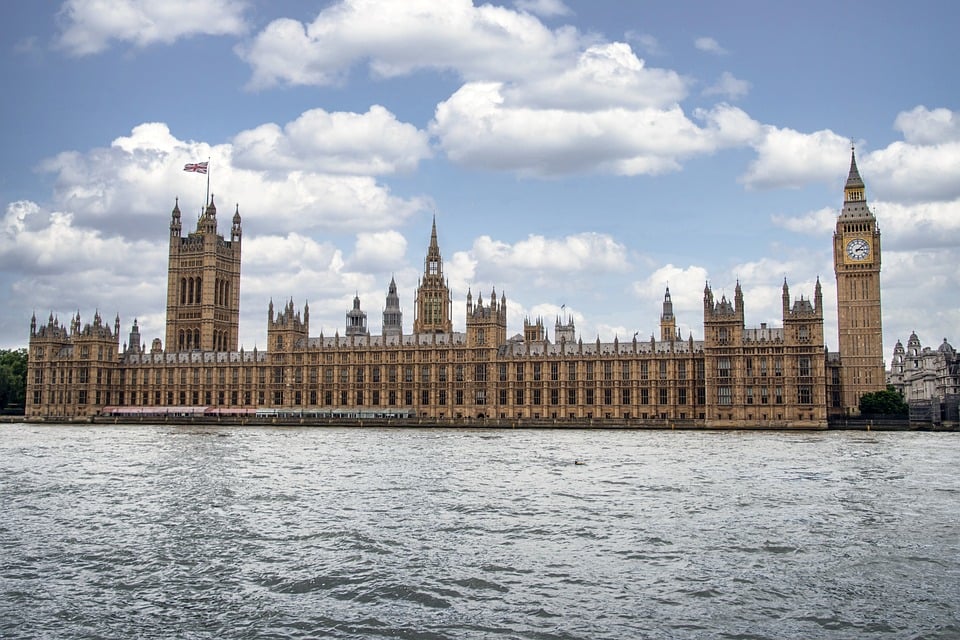From ancient superstitions to modern horror films, Friday the 13th has long been associated with bad luck, mysterious happenings, and foreboding omens. This article delves into the dark history of this infamous day, exploring its origins, cultural significance, and enduring impact on society.
The Origins of Friday the 13th
The origins of Friday the 13th can be traced back to a combination of two separate superstitions that have been intertwined over centuries. The fear of the number 13, known as triskaidekaphobia, dates back to ancient times and is believed to have originated from Norse mythology. In Norse mythology, it was believed that the god Loki was the 13th guest at a dinner party that resulted in the death of the beloved god Balder.
The fear of Fridays has its roots in Christian tradition, particularly in the story of Jesus’ crucifixion, which is said to have taken place on a Friday. Friday has been considered an unlucky day ever since, leading to the combination of these two superstitions to create the ominous Friday the 13th.
The Cultural Significance of Friday the 13th
Throughout history, Friday the 13th has been associated with a wide range of superstitions and beliefs. In many cultures, the day is considered unlucky, and people may avoid making major decisions, traveling, or engaging in risky activities on this day. Some people even suffer from paraskevidekatriaphobia, which is the fear of Friday the 13th.
In popular culture, Friday the 13th has also been immortalized in films, books, and folklore as a day of horror and tragedy. The Friday the 13th film franchise, which began in 1980, follows the iconic character Jason Voorhees as he terrorizes campers and instills fear in audiences around the world.
The Modern State of Friday the 13th
Today, Friday the 13th is still widely regarded as an unlucky day by many people. Businesses may see a decrease in revenue on this day, and some individuals may choose to stay home rather than risk encountering bad luck. However, others see Friday the 13th as just another day and do not believe in its ominous reputation.
In recent years, some have even embraced Friday the 13th as a day of celebration, with special events, promotions, and parties taking place on this day. This shift in perception reflects a changing attitude towards superstitions and a more lighthearted approach to the idea of bad luck.
Future Predictions for Friday the 13th
As society continues to evolve, the significance of Friday the 13th may shift once again. With the rise of technology and globalization, superstitions and beliefs that were once deeply ingrained in culture may become less relevant to future generations. However, the allure of Friday the 13th as a day of mystery and fear is likely to endure in some form, as human nature is inherently drawn to the unknown and the supernatural.
Conclusion
In conclusion, the dark history of Friday the 13th reveals a complex tapestry of superstitions, beliefs, and cultural significance that have shaped our perceptions of this ominous day. While some may dismiss it as mere superstition, the enduring impact of Friday the 13th on society cannot be denied. Whether you choose to embrace or fear this day, the legacy of Friday the 13th will continue to captivate and intrigue for generations to come.
Thank you for taking the time to explore the dark history of Friday the 13th with us. To delve deeper into this topic, we recommend further reading on superstitions, folklore, and the psychology of fear. Happy Friday the 13th!
